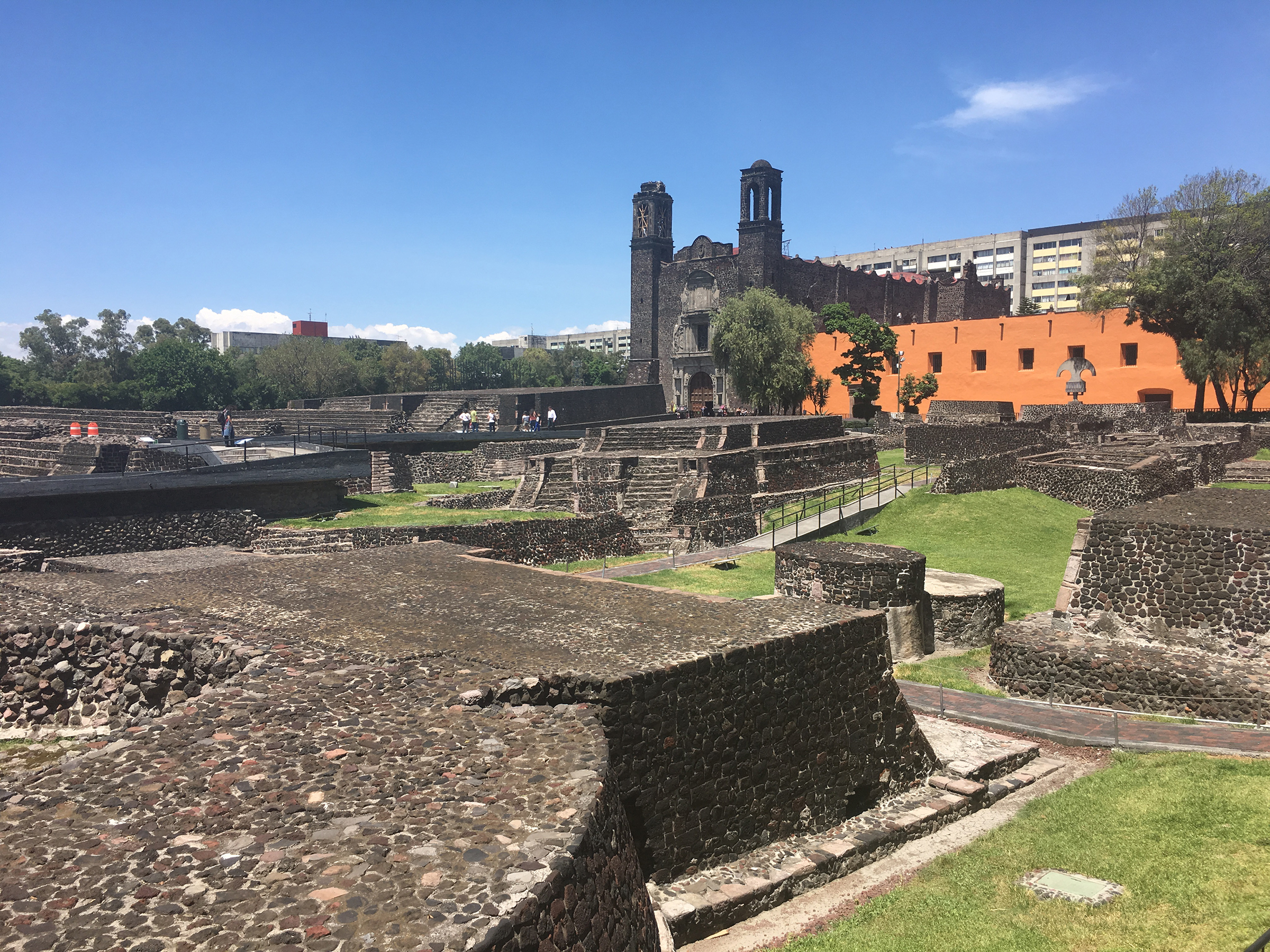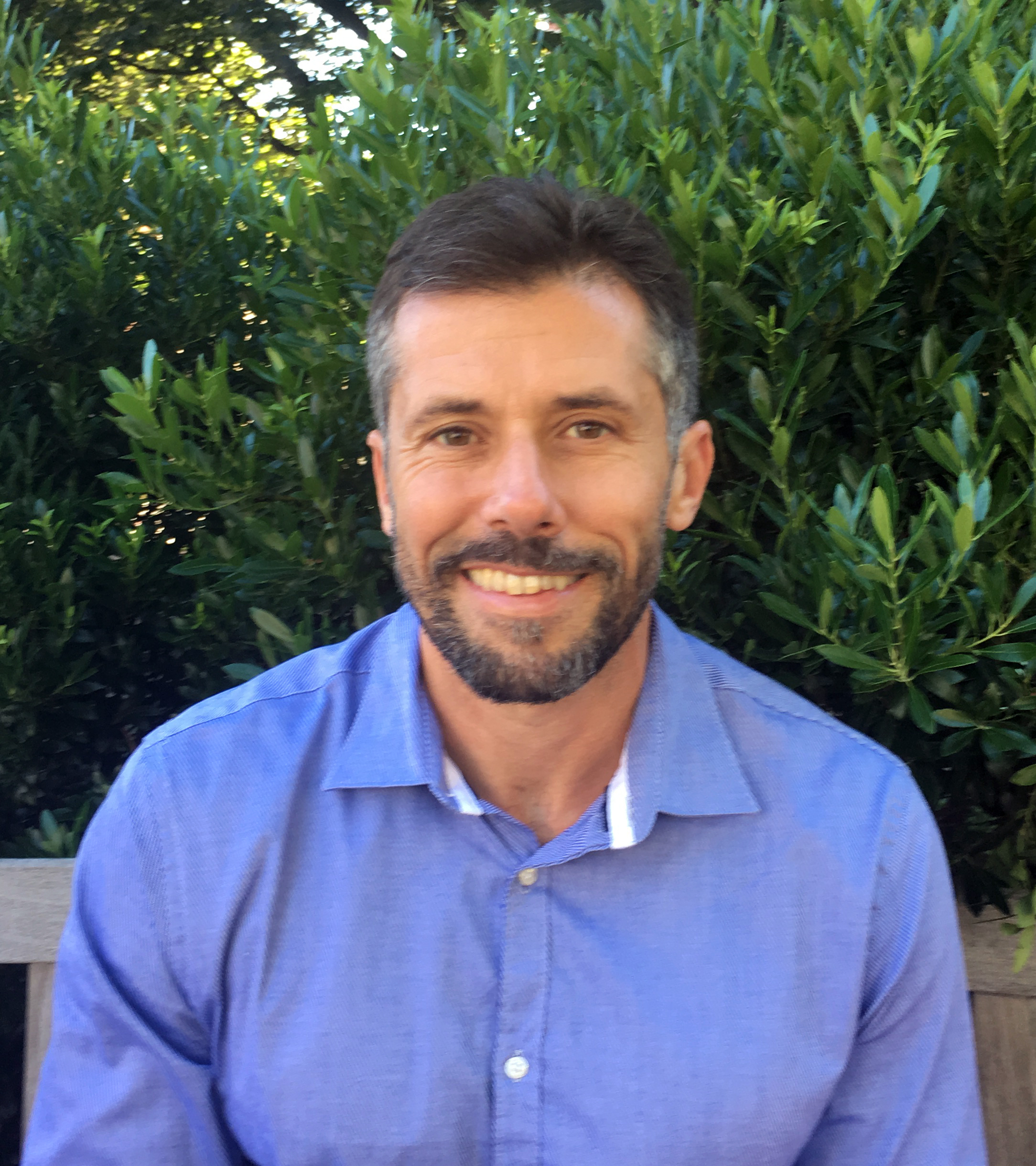Event: Collision of Worlds: A Deep History of the Fall of Aztec Mexico and the Forging of New Spain
Event Details
 Mexico of five centuries ago was witness to one of the most momentous encounters between human societies, when a group of Spaniards led by Hernando Cortés joined forces with tens of thousands of Mesoamerican allies to topple the mighty Aztec Empire. The violent clash that culminated in the Aztec-Spanish war of 1519-1521 and the new colonial order it created were millennia in the making, entwining the previously independent cultural developments of both sides of the Atlantic. In this talk, Carballo provides a deep history of this encounter based in archaeology and material culture to consider the richly layered cultures of Mexico and Spain and their interweaving in and encounter characterized by conquest and colonialism but also strategic action and resilience on the part of Native peoples.
Mexico of five centuries ago was witness to one of the most momentous encounters between human societies, when a group of Spaniards led by Hernando Cortés joined forces with tens of thousands of Mesoamerican allies to topple the mighty Aztec Empire. The violent clash that culminated in the Aztec-Spanish war of 1519-1521 and the new colonial order it created were millennia in the making, entwining the previously independent cultural developments of both sides of the Atlantic. In this talk, Carballo provides a deep history of this encounter based in archaeology and material culture to consider the richly layered cultures of Mexico and Spain and their interweaving in and encounter characterized by conquest and colonialism but also strategic action and resilience on the part of Native peoples.
6pm Lecture
7pm Reception
 David Carballo is Professor of Anthropology, Archaeology, and Latin American Studies at Boston University. He completed his graduate training (2001 MA, 2005 PhD) at UCLA and specializes in the archaeology of Latin America, especially central Mexico and with topical interests in households, urbanism, religion, social inequality, and working with contemporary communities in understanding ancient ones. Current investigations focus on Teotihuacan’s Tlajinga district, a cluster of non-elite neighborhoods on the periphery of what was then the largest city in the Americas. Recent books include Urbanization and Religion in Ancient Central Mexico (2016), Teotihuacan: The World Beyond the City (ed., 2020), Collision of Worlds: A Deep History of the Fall of Aztec Mexico and the Forging of New Spain (2020), and Collective Action and the Reframing of Early Mesoamerica (2023).
David Carballo is Professor of Anthropology, Archaeology, and Latin American Studies at Boston University. He completed his graduate training (2001 MA, 2005 PhD) at UCLA and specializes in the archaeology of Latin America, especially central Mexico and with topical interests in households, urbanism, religion, social inequality, and working with contemporary communities in understanding ancient ones. Current investigations focus on Teotihuacan’s Tlajinga district, a cluster of non-elite neighborhoods on the periphery of what was then the largest city in the Americas. Recent books include Urbanization and Religion in Ancient Central Mexico (2016), Teotihuacan: The World Beyond the City (ed., 2020), Collision of Worlds: A Deep History of the Fall of Aztec Mexico and the Forging of New Spain (2020), and Collective Action and the Reframing of Early Mesoamerica (2023).


